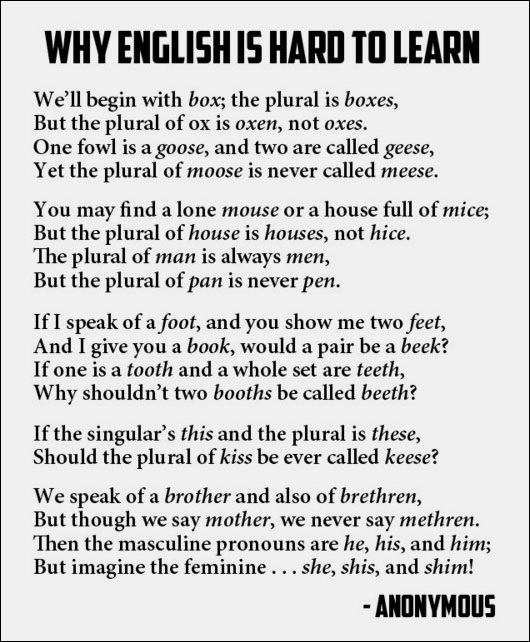
Certain words in the English language are very tricky. Having grown up speaking Ukrainian at home, I found English so much more confusing. So I have to go back and remind myself periodically of the rules to apply when writing in English. Today I tackle some confusing choices of terms.
In the present tense it's pretty easy. You lay something down, and people lie down by themselves. So yes, Nobel prize winning Bob Dylan got it wrong in Lay Lady Lay, as did Clapton in Lay Down Sally.
Further versus Farther
The quick tip is to use farther for physical distance and further for figurative or metaphorical distance. Just remember that “farther” has the word “far” in it, and “far” clearly relates to physical distance.
- He spared her further pain.
- He walked farther than she did.
- If you complain further, I'll make you walk farther.
Which versus That
If the sentence that the word in question is connecting doesn’t need the clause, use which. If it does need the clause because it is definitive, use that.
- Our home, which has two bath rooms, is located in New Jersey.
- Our home that has two bath rooms is located in New Jersey.
Lay versus Lie
Just to make English fun, the past tense of Lie is Lay. The past tense of Lay is Laid. The past participle for Lay is Lain but for Lie is Laid. Got it? Believe me, I have to look that one up all the time. I don;t know of any tricks to use for this one. Just look it up, like Einstein did.
Sit versus Set
Like lay, the verb set requires an object. Like lie, sit doesn't require a direct object; it's something one does.- You sit on the chair.
- You set the chair down over there.
Affect versus Effect
I've never had trouble with this one but so many people do. Affect is a verb. Effect is a noun. Their uses are very different.
- I want to create an effect by which I will affect the results.
- The weather affected her hair.
- The election has had a negative effect on the economy.
There is an exception. There is one lesser known use for the word effect which means to bring about something.
- Her actions effected change.
Who versus Whom
This one is not so intuitive. Who is the pronoun that refers to the subject of a sentence whereas whom is the pronoun that refers to the object.
Xander lavished his attention on Jessica. Whom did he love? Who loves him?
A good trick is to turn the sentence around to the answer. Use he and her and she and him to determine which to use. If he loves her, then who is the correct term to use. If she loves him, then whom is the correct choice. Him and Whom both end with "m" which helps me remember which to choose.
Okay, that's enough for today. Tomorrow I shall tackle the comma.
No comments:
Post a Comment